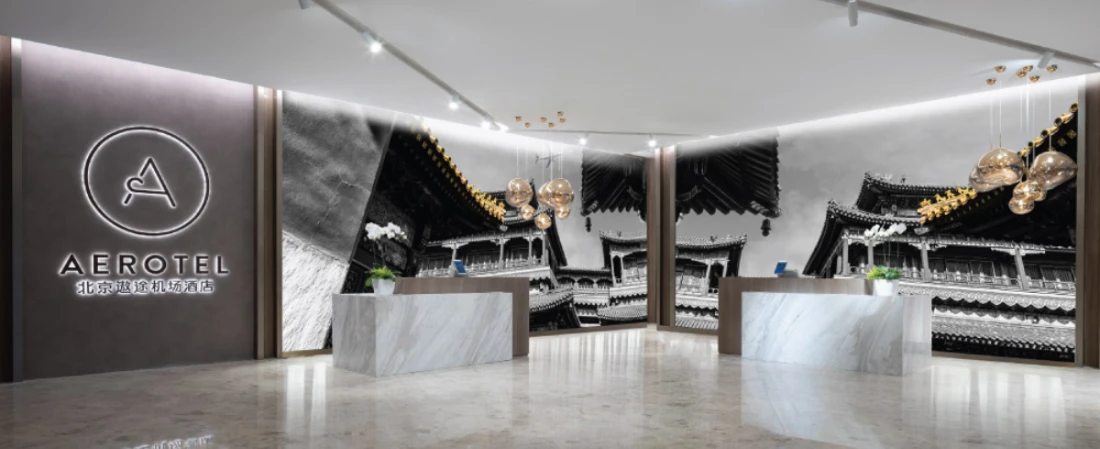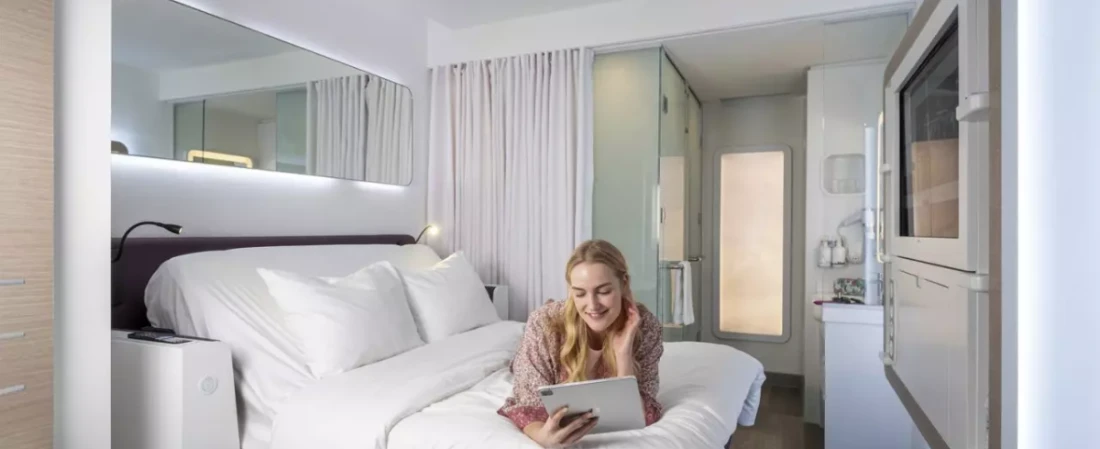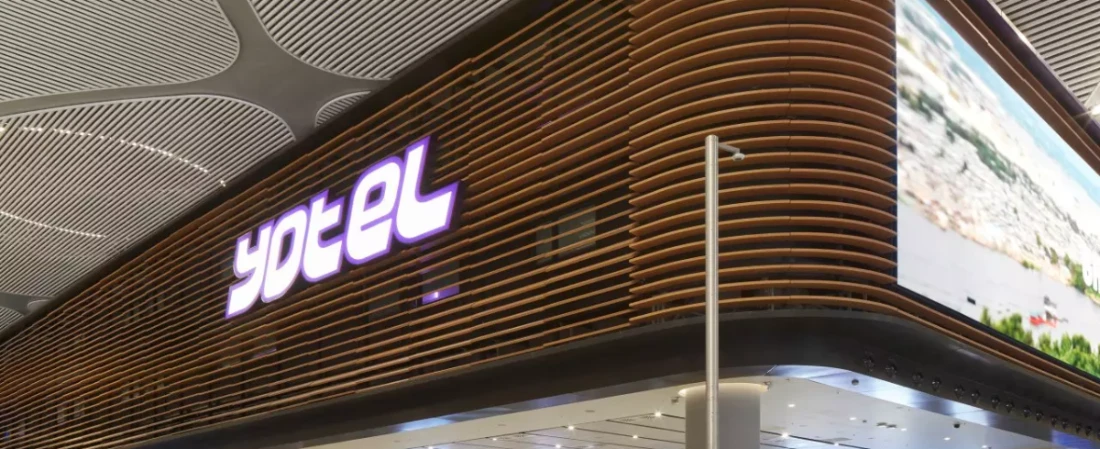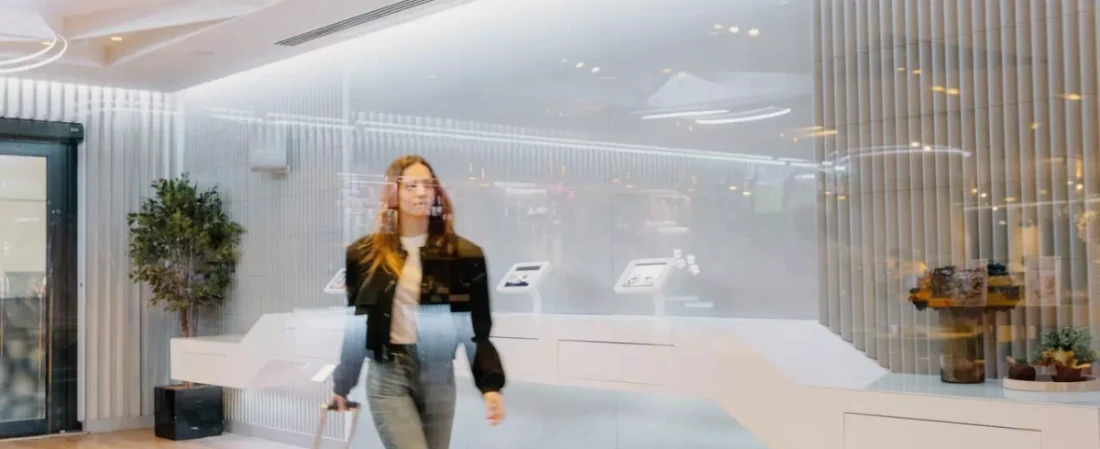
When you're stuck in transit or have a red-eye flight to catch, choosing the right microhotel can transform your airport experience from exhausting to efficient. In this detailed comparison, we pit two of the most prominent airport microhotel brands—YOTEL and Aerotel—against each other. Both are strategically located in some of the world’s busiest airports and offer compact, tech-savvy rooms designed for short-term comfort. But which one delivers better value, convenience, and rest?
Rather than offering vague summaries, this blog dives into the specific features, pricing structures, target travelers, and real-user experiences associated with both YOTEL and Aerotel. Our aim is not to recommend based on opinion but to provide fact-based insights that will help travelers—especially frequent flyers and business passengers—make smart booking decisions.
We break down this showdown into the five most critical areas: location and accessibility, room design and comfort, pricing and value for money, amenities and tech features, and customer service and overall guest experience.
By the end of this comparison, you'll know exactly which microhotel brand—YOTEL or Aerotel—offers a better experience based on your travel priorities. Whether you’re booking a quick nap during a layover or need a full night’s rest before your early-morning departure, this analysis provides all the factual data you need.
Let’s get into the nitty-gritty and find out which microhotel comes out on top in this head-to-head faceoff.
Location is the single most important factor when choosing an airport microhotel. Both YOTEL and Aerotel are known for operating inside airport terminals, but the specifics vary greatly by region.
YOTEL has locations in major hubs like London Heathrow, London Gatwick, Amsterdam Schiphol, Paris Charles de Gaulle, Istanbul, Singapore Changi, and several in the U.S. including Newark and Boston Logan. What sets YOTEL apart is its presence in both airside (post-security) and landside (pre-security) zones, depending on the airport. For example, YOTELAIR at Heathrow Terminal 4 is airside, making it extremely convenient for transit passengers who don’t want to exit customs.
Aerotel, operated by Plaza Premium Group, also has a strong international presence with microhotels in airports such as Singapore Changi, Abu Dhabi International, London Heathrow, Beijing Daxing, and Guangzhou Baiyun. Aerotel primarily places its hotels airside, particularly in Asia. This allows for easy access for passengers in transit without needing to pass through immigration. A great example is Aerotel at Changi Airport Terminal 1, which is right next to the arrivals zone—making it perfect for both arriving and connecting travelers.
In terms of accessibility, Aerotel tends to score higher in Asian airports, especially where YOTEL lacks presence. Meanwhile, YOTEL is more prominent in European and North American airports, giving it an edge in Western travel hubs.
One downside for YOTEL is that not all locations are inside the secure zones, meaning travelers might have to go through immigration and security again. Aerotel, by contrast, consistently places rooms close to gates or lounges, minimizing walking time.
Verdict:
If you’re traveling through Asia, Aerotel typically offers better airside accessibility. For Europe and North America, YOTEL is more prevalent, though travelers should check whether the location is airside or landside before booking.

While both YOTEL and Aerotel fall under the "microhotel" category, their room designs differ significantly in terms of layout, privacy, and tech integration.
YOTEL is known for its futuristic, capsule-inspired rooms that focus on space optimization. Rooms often feature SmartBeds that recline into sofas at the press of a button, integrated lighting systems, pull-out desks, and monsoon rain showers. Although compact, the design is sleek and intended to mimic the feel of a first-class cabin on a plane. YOTEL also categorizes its rooms based on stay duration—ranging from a few hours to overnight—making it flexible for different needs.
Aerotel, on the other hand, goes for a more traditional hotel vibe, even though it remains space-conscious. Its rooms are slightly larger than YOTEL’s pods and resemble a standard hotel layout with full-sized beds, desks, and en-suite bathrooms. Aerotel’s mattress quality tends to be thicker and plusher, aiming more for comfort than tech-savviness.
Another design advantage for Aerotel is the soundproofing. Multiple reviews across Changi and Abu Dhabi Aerotels highlight how quiet the rooms are, a key factor for true rest. YOTEL rooms, while modern and efficient, sometimes suffer from noise bleed, especially in landside airport locations.
In terms of bathrooms, YOTEL’s compact wet rooms may feel a bit cramped for taller or larger guests. Aerotel provides a more standard shower-and-toilet layout, often with more generous toiletries and towel options.
One notable difference is technology. YOTEL invests heavily in automation: self-service check-in kiosks, smart lighting, adjustable beds, and media ports are standard in most locations. Aerotel sticks with conventional setups, relying more on comfort than innovation.
Verdict:
Choose YOTEL if you’re a solo traveler who values tech, compact design, and self-service convenience. Go with Aerotel if you prefer a bit more space, traditional comfort, and quieter surroundings.

Affordability plays a huge role in determining the better microhotel. While both YOTEL and Aerotel offer flexible booking options—including hourly rates—they vary in cost efficiency depending on location and services included.
YOTEL’s pricing usually starts around $40–$50 for a 4-hour stay, with overnight stays ranging from $90 to $130 depending on the airport and room type. The pricing includes Wi-Fi, towels, and access to showers. Longer stays typically yield better hourly value, and prices fluctuate based on demand, similar to airline pricing models.
Aerotel’s base prices for a 6-hour stay usually start around $60–$70, and go up to $120–$160 for overnight stays. While this might seem pricier at first glance, Aerotel rooms are often larger, with more generous amenities such as complimentary bottled water, slippers, larger towels, and even wake-up calls.
One key difference is minimum booking duration. Aerotel usually requires a 6-hour minimum, while YOTEL offers more flexible options from 4-hour blocks onward. This flexibility makes YOTEL more attractive for quick layovers or power naps.
However, Aerotel often includes lounge access or bundled meal options with room bookings, especially in airports like Changi and Abu Dhabi. These perks can increase overall value, especially for long-haul travelers.
Both brands offer online pre-booking discounts, though YOTEL has a more robust loyalty and member program that provides discounted stays for repeat guests. Aerotel, as part of Plaza Premium Group, allows integration with some airline loyalty programs but doesn’t offer a comprehensive in-house rewards system.
Verdict:
If you want the most cost-effective short stay, YOTEL offers better per-hour pricing. For added perks and larger room sizes, Aerotel justifies its slightly higher rates with more generous amenities.

For today’s traveler, microhotels need to balance compactness with modern convenience. Here’s how YOTEL and Aerotel stack up in amenities and tech offerings.
YOTEL prioritizes automation. Each property typically features:
Self-check-in kiosks
SmartBeds with adjustable positions
Color-changing mood lighting
USB ports and international plug points
Free high-speed Wi-Fi
Compact fold-out workstations
Monsoon rain showers with eco-friendly toiletries
YOTEL also provides vending machines with essentials, and in select locations, small lounges or “Mission Control” desks for 24/7 guest assistance. Tech-savvy travelers appreciate the streamlined process—you can check in, adjust lighting, and unwind without needing human interaction.
Aerotel takes a more traditional approach, focusing on personal comfort over automation. Standard amenities include:
24-hour front desk service
Full-size beds and larger pillows
Complimentary water bottles, slippers, toiletries
En-suite bathrooms with rainfall showers
Wake-up calls upon request
Room service in selected locations
While Aerotel lacks the high-tech flair of YOTEL, it often partners with airport lounges to offer bundled packages. For example, a guest staying at Aerotel Singapore can get access to the Plaza Premium Lounge with meals and drinks included.
One notable difference is food service. YOTEL often relies on airport eateries or vending machines, while Aerotel may offer in-room dining, or access to partner cafés or lounges, making it more convenient for late-night arrivals.
Another differentiator: workspaces. YOTEL offers more deliberate desk setups with adjustable lighting and ergonomic design, suitable for business travelers. Aerotel provides basic desks but may not be ideal for work-intensive stays.
Verdict:
YOTEL is ideal for tech-focused, independent travelers who appreciate smart systems. Aerotel wins for those who prioritize traditional amenities and comfort, especially if food and lounge perks are important.

Last but not least, let’s look at the customer experience—because a hotel is only as good as its service.
YOTEL reviews across platforms like TripAdvisor and Google frequently mention fast check-in, innovative room design, and cleanliness. However, because it emphasizes automation, customer service is minimal and primarily reactive. While staff are available at “Mission Control” desks, their role is limited unless you encounter issues.
The main criticisms of YOTEL revolve around:
Small room sizes for taller/larger guests
Occasional noise issues in landside locations
Limited in-person interaction
On the flip side, Aerotel reviews often emphasize hospitality. Guests appreciate the friendly reception, helpful wake-up services, and smoother immigration assistance when staying airside. Aerotel staff are trained in handling travelers in transit and often go the extra mile to accommodate irregular flight schedules.
Aerotel also receives praise for cleanliness, comfortable bedding, and quiet environments—key points when rest is your top priority. However, some negative reviews cite lack of automation and limited language support at some locations.
In terms of check-in experience, Aerotel usually offers a quicker physical check-in compared to traditional hotels but is slower than YOTEL’s kiosk-based system.
Repeat guest feedback shows that business travelers tend to prefer YOTEL for solo trips, while couples and families opt for Aerotel for its slightly roomier and cozier atmosphere.
Verdict:
YOTEL is great if you want efficiency and minimal contact. Aerotel excels in personalized service and guest care, making it better for those who want more than just a nap.

So, when it comes to the battle of YOTEL vs. Aerotel, which microhotel really wins? The answer depends on your personal travel preferences, itinerary, and location.
If you’re looking for short, tech-enhanced stays with flexible pricing, YOTEL is an excellent choice—especially for business travelers or solo flyers with a few hours to spare. Its futuristic pods, automated systems, and modular design cater to a digital-first audience.
On the other hand, if your priority is comfort, quiet, and attentive service, then Aerotel is the clear winner. It may be slightly more expensive and less technologically advanced, but it makes up for that with larger rooms, lounge perks, and a more traditional hotel ambiance.
In short:
Choose YOTEL for: Efficiency, tech features, lower cost for short stays, flexible booking
Choose Aerotel for: Comfort, better sleep quality, in-room amenities, personalized service
For long-haul travelers or those stuck in transit, Aerotel is often the more restful choice, especially in Asia. But if you’re traveling through Europe or the U.S., and value speed and automation, YOTEL offers unbeatable convenience.
Now that you have all the facts, your next airport layover might just become the most restful part of your trip—depending on the microhotel you choose.
Lina Zhou is a globe-trotting travel writer from Chengdu, China. With a passion for hidden gems and cross-cultural experiences, she shares practical tips, visa guidance, and immersive stories from every corner of the world. When not exploring, she’s sipping tea while planning her next adventure.